TTC – Mysteries of Modern Physics – Time
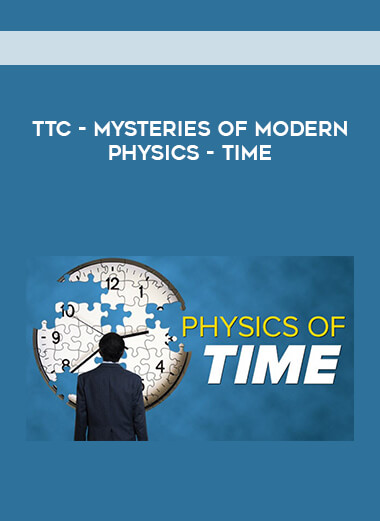
Arichive : TTC – Mysteries of Modern Physics – Time
Consider these contrasting views of time:
- A movie of a person diving into a pool has an obvious arrow of time. When the movie is played backward, everyone recognizes that it shows an event that would never occur in the real world.
- But zoom in on any part of this scene at the atomic scale and the movie can be run backward or forward and be indistinguishable. Either way, the particle interactions are consistent with the laws of physics.
Why does one movie have an arrow of time moving in only one direction and the other does not? Surprisingly, the search for an answer leads through some of the most pioneering fields of physics, including thermodynamics, relativity, quantum theory, and cosmology.
The key concept is called “entropy,” which is related to the second law of thermodynamics, considered by many scientists to be the most secure law in all of physics. The second law has even been compared to Shakespeare’s plays in its importance to the education of a culturally informed person.
But that’s only the beginning, since the quest for the ultimate theory of time draws on such exciting ideas as black holes, cosmic inflation, and dark energy, before closing in on a momentous question that until recently was considered unanswerable: What happened before the big bang?
In 24 riveting half-hour lectures, Mysteries of Modern Physics: Time takes you on a mind-expanding journey through the past, present, and future, guided by Professor Sean Carroll, noted author and Senior Research Associate in Physics at the California Institute of Technology.
Designed for nonscientists as well as those with a background in physics, Mysteries of Modern Physics: Time shows how a feature of the world that we all experience connects us to the instant of the formation of the universe—and possibly to a multiverse that is unimaginably larger and more varied than the known cosmos.
While focusing on physics, Professor Carroll also examines philosophical views on time, how we perceive and misperceive time, the workings of memory, and serious proposals for time travel, as well as imaginative ways that time has been disrupted in fiction.


![[Audio Only] CC19 Workshop 15 - Advanced Relational Life Therapy (RLT) - Terry Real](https://intellschool.info/wp-content/uploads/2022/02/ajHcWg3pZEWoZ4CLN52R4A-200.jpg)




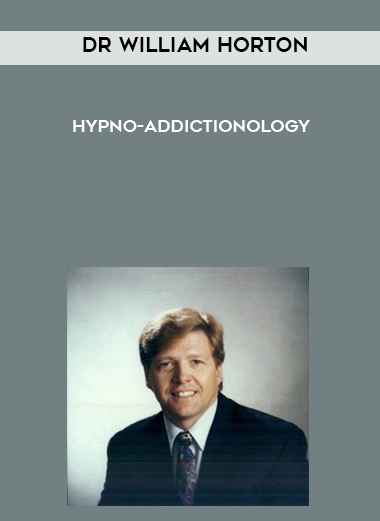
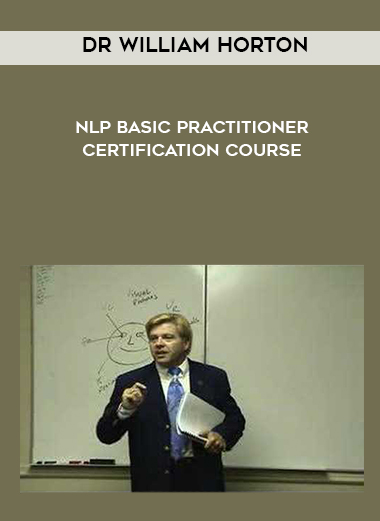
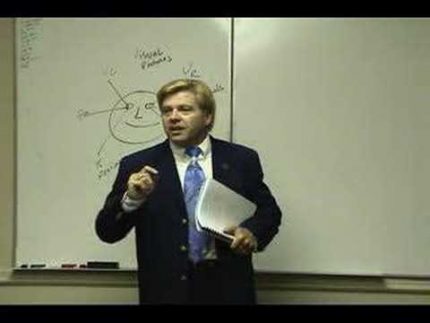
![Hmi – Hypnosis Motivation Institute – Advanced Hynotherapy Training Courses [ 48 MP4 ] digital download](https://intellschool.info/wp-content/uploads/2022/02/Hmi-–-Hypnosis-Motivation-Institute-–-Advanced-Hynotherapy-Training-Courses.jpg)

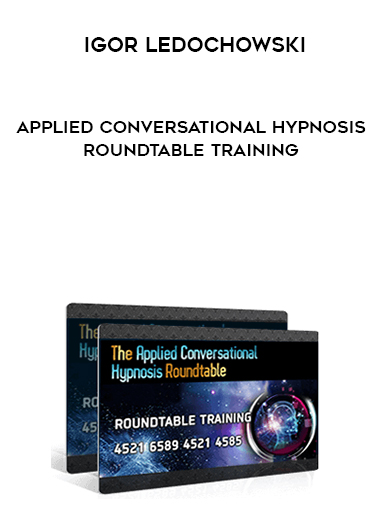

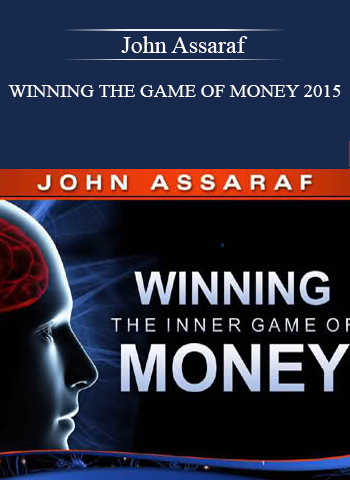
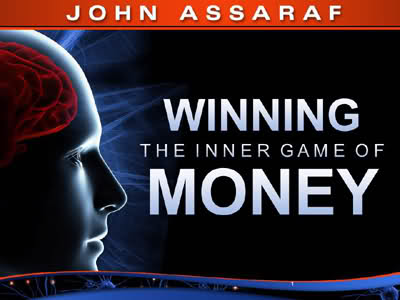


![Kali Dubois – Forbidden (Banned) Patterns Brainwashing for Submissive Advanced Mental Strategies [DVDRip – 6 MP4s x265] digital download](https://intellschool.info/wp-content/uploads/2022/02/Kali-Dubois-–-Forbidden-Banned-Patterns.jpg)
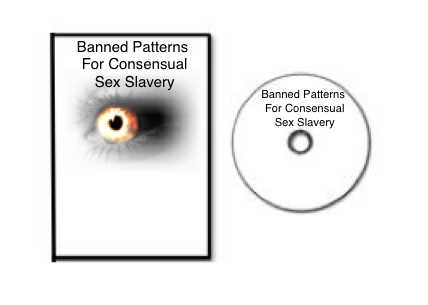










Reviews
There are no reviews yet.